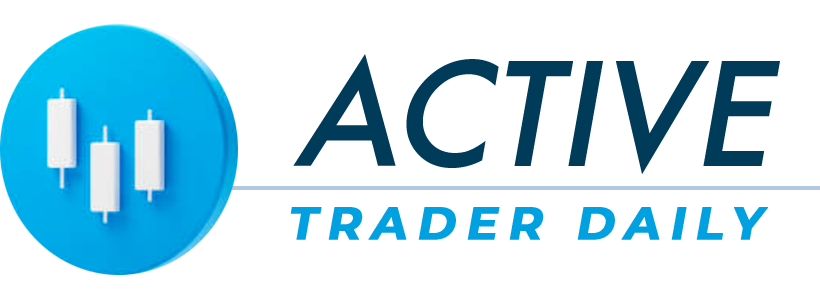By Moira Warburton and Allende Miglietta
WASHINGTON (Reuters) – U.S. swimming great Michael Phelps told a congressional panel on Tuesday that anti-doping measures “have fallen short” in a case involving Chinese swimmers ahead of this summer’s Paris Olympics.
Phelps, fellow gold medalist Allison Schmitt and Travis Tygart, chief executive for the U.S. Anti-Doping Agency, testified to lawmakers on the House Energy and Commerce Committee’s Subcommittee on Oversight and Investigations about the measures led by the World Anti-Doping Agency (WADA).
“It is clear to me that any attempts of reform at WADA have fallen short, and there are still deeply rooted systemic problems that prove detrimental to the integrity of international sports and athletes right to fair competition, time and time again,” Phelps said at the hearing.
Phelps, with 28 medals to his name, is the most-decorated Olympian of all time. Schmitt won 10 medals over four games. Neither will compete in Paris.
WADA in April confirmed reports that nearly two dozen Chinese swimmers tested positive for trimetazidine, a banned drug found in heart medication, before the 2020 Tokyo Olympics.
Schmitt urged lawmakers to hold WADA and the global anti-doping system accountable.
“If we win, let it be because we earned it. And if we lose, let it be because the competition was fair,” Schmitt said.
WADA was invited to testify but declined to do so, citing the hearing’s focus on the case of the Chinese swimmers.
“WADA considers it inappropriate to be pulled into a political debate before a U.S. congressional committee regarding a case from a different country, especially while an independent review into WADA’s handling of the case is ongoing,” the organization said in a statement.
Global Athlete, an international athlete-led movement, wrote in an open letter to WADA that sportspersons were left with “little trust” in the anti-doping system following the case of the Chinese swimmers.
“For over a month, questions have been posed to WADA regarding both the agency’s actions prior to the allegations becoming public and the reactions since,” the letter read.
“Instead of transparently addressing these questions directly, WADA has remained steadfast in their narrative which has provided no clarity on the matter.”
WADA vigorously defended its processes and initial handling of the case before saying it would launch an independent review.
CHINADA, China’s anti-doping agency, has said the swimmers were inadvertently exposed because of contamination and that they should not be held liable for the positive results. China named its 31-member swim team this month.
WADA said in April it would send a compliance team to assess China’s anti-doping program, but leading swimmers, including seven-time gold medalist Katie Ledecky, who is competing in Paris, have continued to express concern.
Lawmakers of both parties slammed WADA’s handling of the case.
WADA’s refusal to testify was “completely unacceptable,” Republican Representative Cathy McMorris Rodgers said, pointing out that the agency received over $3 million in funding from the U.S. government last year.
Last month, a separate House committee called for the Justice Department and the International Olympic Committee to launch probes into the doping case involving the Chinese swimmers.
Phelps also said in prepared testimony that he has close friends who were affected by the case.
“Many of them will live with the ‘what ifs’ for the rest of their lives,” Phelps said.
“As athletes, our faith can no longer be blindly placed in the World Anti-Doping Agency, an organization that continuously proves that it is either incapable or unwilling to enforce its policies consistently around the world.”
(Reporting by Moira Warburton and Allende Miglietta; writing by Makini Brice; Editing by Rod Nickel, Richard Chang and Peter Rutherford)











